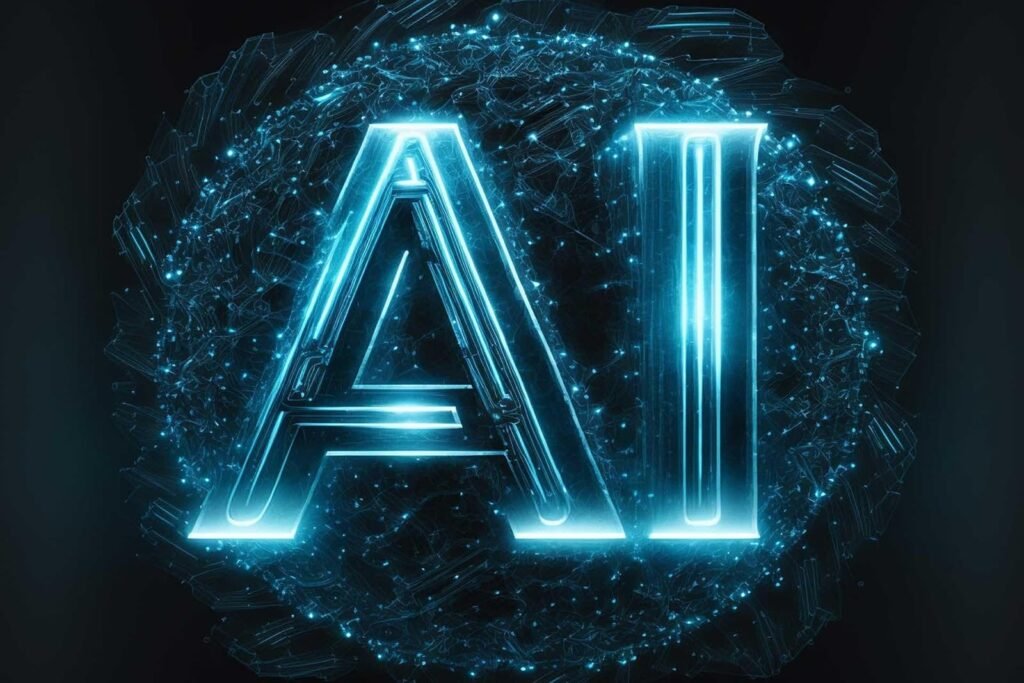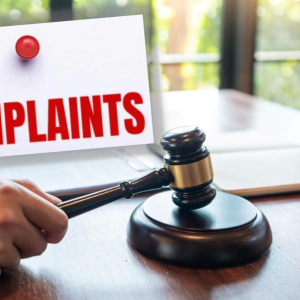National AI Ethics Committee UAE is leading the way in ensuring the ethical development, deployment, and governance of artificial intelligence across the country. As the UAE rapidly adopts AI technologies in sectors such as healthcare, finance, education, and transportation, ethical oversight becomes essential to balance innovation with public trust, safety, and societal well-being. The committee has been instrumental in shaping policies, setting guidelines, and launching initiatives that position the UAE as a global leader in responsible AI.
Formation and Objectives of the Committee
The National AI Ethics Committee UAE was established under the UAE’s broader AI strategy to provide a structured approach to AI governance. Its primary objectives include:
- Establishing Ethical Standards: Developing frameworks to ensure AI technologies respect human rights and cultural values.
- Guiding Policy Development: Advising government bodies on regulatory measures for AI deployment.
- Promoting Responsible Innovation: Encouraging AI development that benefits society while minimizing risks.
- Monitoring AI Practices: Ensuring compliance with ethical standards across public and private sectors.
- Fostering Awareness and Education: Engaging the public, industry, and academic institutions in ethical AI discussions.
These objectives align with the UAE’s vision of integrating AI responsibly into economic, social, and governmental systems.

Key Initiatives of the National AI Ethics Committee UAE
The committee has launched several initiatives that strengthen AI governance:
1. Development of Ethical AI Guidelines
The committee has drafted comprehensive AI guidelines to ensure fairness, transparency, and accountability in AI systems. These guidelines cover:

- Data privacy and protection
- Bias detection and mitigation
- Transparency in AI decision-making
- Human oversight of automated processes
- Accountability mechanisms for AI outcomes
These standards are applied across sectors to ensure AI serves societal interests without compromising ethical norms.
2. Collaboration with Government Agencies
The committee works closely with ministries and regulatory authorities to embed ethical AI practices in public services. Collaborations include:
- AI deployment in healthcare for diagnostics and treatment planning
- Smart city initiatives integrating AI-driven traffic and public safety systems
- AI-assisted educational tools ensuring unbiased and inclusive learning
By guiding government agencies, the committee ensures large-scale AI adoption aligns with ethical principles.
3. Industry Engagement Programs
Private sector companies adopting AI technologies are encouraged to comply with ethical standards. The committee offers:
- Workshops and training programs on responsible AI
- Evaluation and certification for ethical AI solutions
- Advisory support for AI product development
Such programs build a culture of accountability and encourage businesses to prioritize ethical AI deployment.
4. Public Awareness Campaigns
Educating citizens about AI and its ethical considerations is a key initiative. Programs include:
- AI literacy workshops in schools and universities
- Public seminars on AI impact and privacy concerns
- Online platforms providing guidelines and educational resources
By raising awareness, the committee fosters trust in AI technologies and ensures citizens understand their rights and responsibilities.
5. International Collaboration
The National AI Ethics Committee UAE collaborates with international AI ethics organizations and research bodies to exchange knowledge and adopt best practices. Initiatives include:
- Participating in global AI ethics forums
- Contributing to international AI policy discussions
- Sharing insights on AI governance frameworks
These collaborations position the UAE as a thought leader in global AI ethics discussions.
Impact on Society and Economy
The committee’s initiatives have significant social and economic implications:
- Enhanced Trust in AI Systems: Citizens are more confident in AI applications due to transparent and accountable practices.
- Boosted AI Adoption: Ethical frameworks encourage wider adoption of AI technologies in both public and private sectors.
- Innovation and Competitiveness: Companies integrating ethical AI are better positioned in global markets.
- Protection of Rights: Ensures AI systems respect privacy, equality, and cultural norms.
- Workforce Adaptation: AI literacy programs prepare citizens for AI-driven job opportunities.
Through these impacts, the committee contributes to the UAE’s economic diversification and technological advancement goals.
Challenges and Solutions
While the committee has achieved significant progress, challenges remain:
- Rapid Technological Evolution: AI evolves quickly, requiring continuous updates to ethical guidelines.
- Data Privacy Concerns: Balancing innovation with protection of personal data remains critical.
- Bias and Fairness: Ensuring AI systems are free from bias is complex and requires robust monitoring.
- Global Alignment: Harmonizing UAE ethical standards with international frameworks can be challenging.
Solutions include continuous review of guidelines, investment in research for bias detection, and international collaboration for standard harmonization.

Future Outlook
The National AI Ethics Committee UAE envisions a future where AI development is both innovative and ethically responsible. Upcoming initiatives include:
- Expanding AI literacy programs nationwide
- Developing sector-specific ethical guidelines (healthcare, finance, education)
- Launching AI certification programs for businesses
- Enhancing international collaboration on AI governance
- Integrating AI ethics into university curricula
These efforts aim to ensure that the UAE remains a leader in ethical AI adoption, supporting economic growth while safeguarding societal values.
Conclusion
The National AI Ethics Committee UAE plays a pivotal role in shaping the future of artificial intelligence in the country. Through comprehensive guidelines, government collaborations, industry engagement, and public awareness initiatives, the committee ensures AI technologies are developed and deployed responsibly. By balancing innovation with ethical oversight, the UAE is setting a global example for AI governance, demonstrating that technological progress and societal well-being can go hand in hand. The committee’s ongoing efforts will continue to guide AI adoption across sectors, fostering trust, transparency, and sustainable growth for years to come.
Do follow UAE Stories on Instagram













